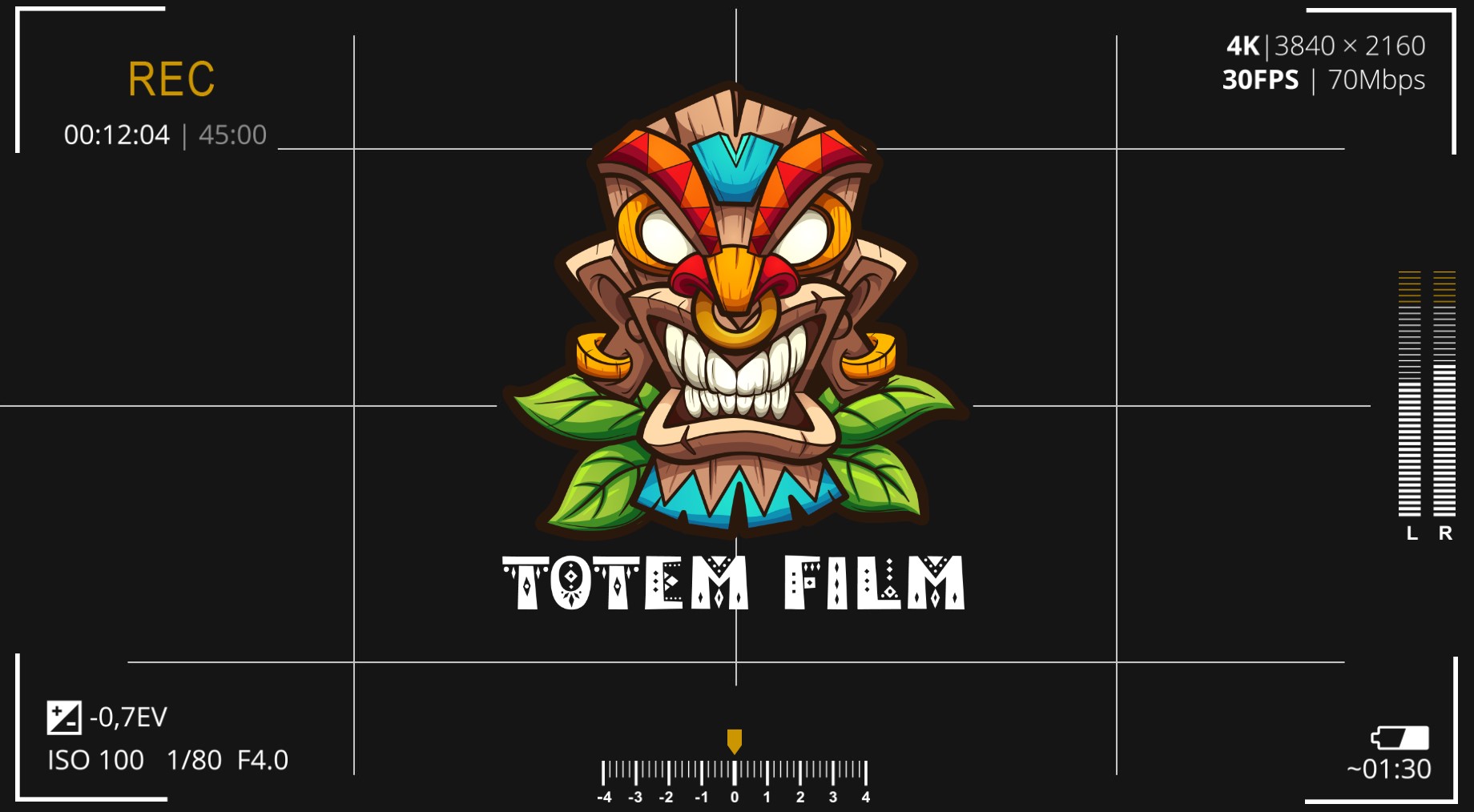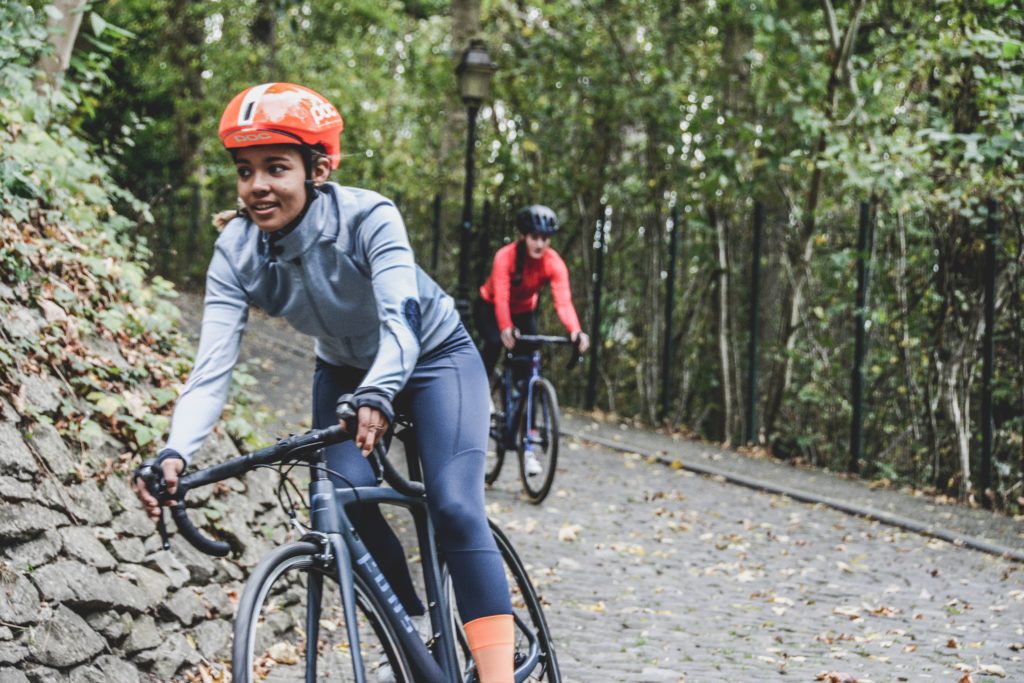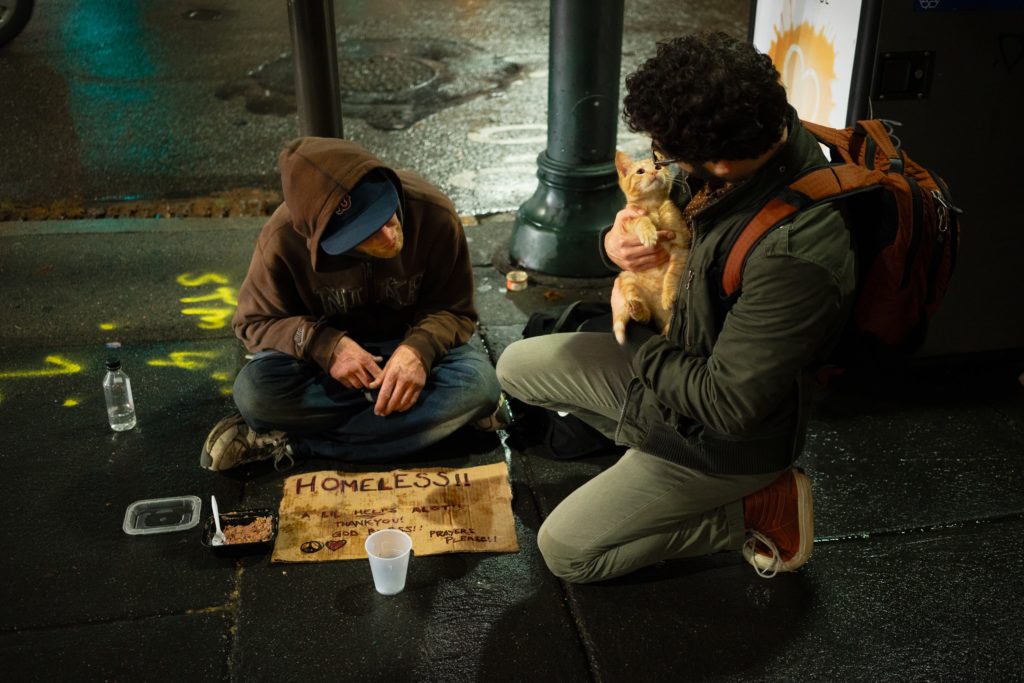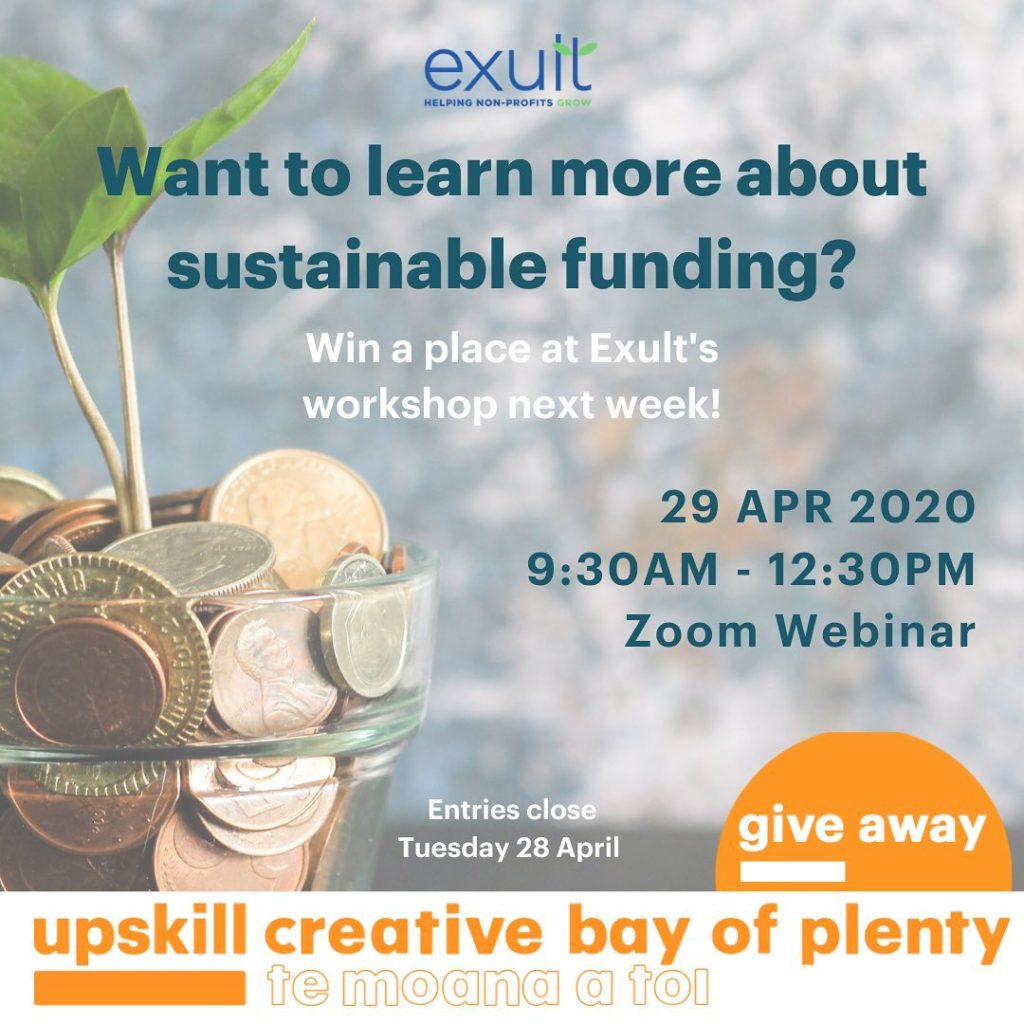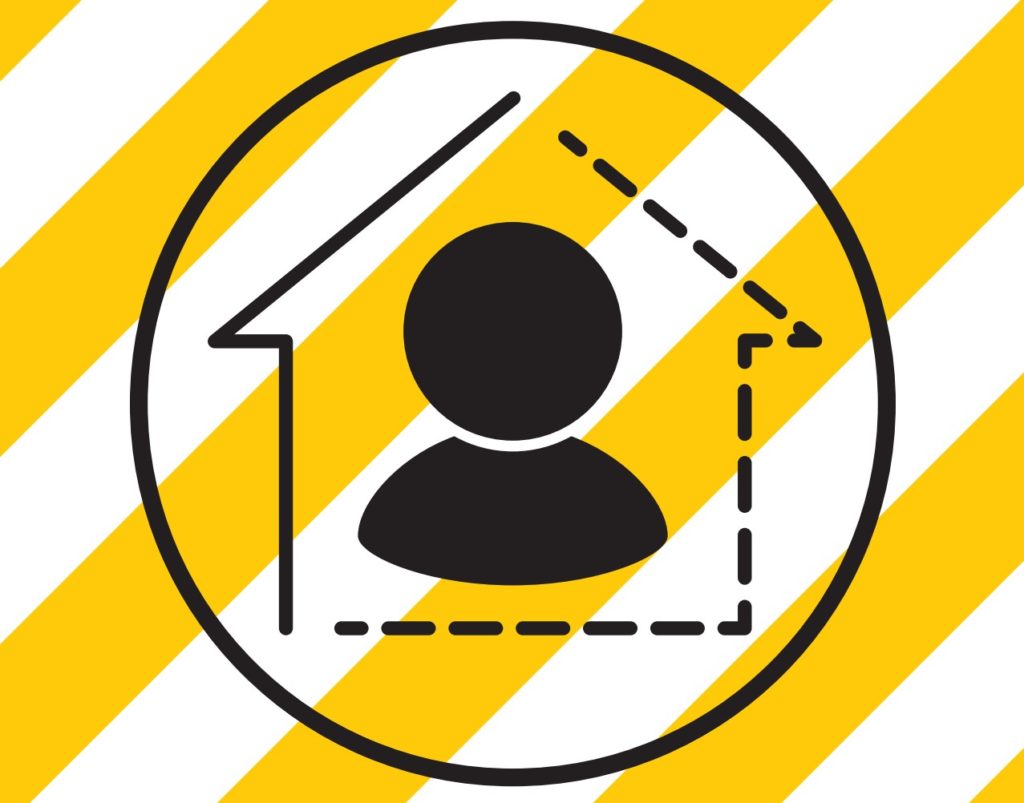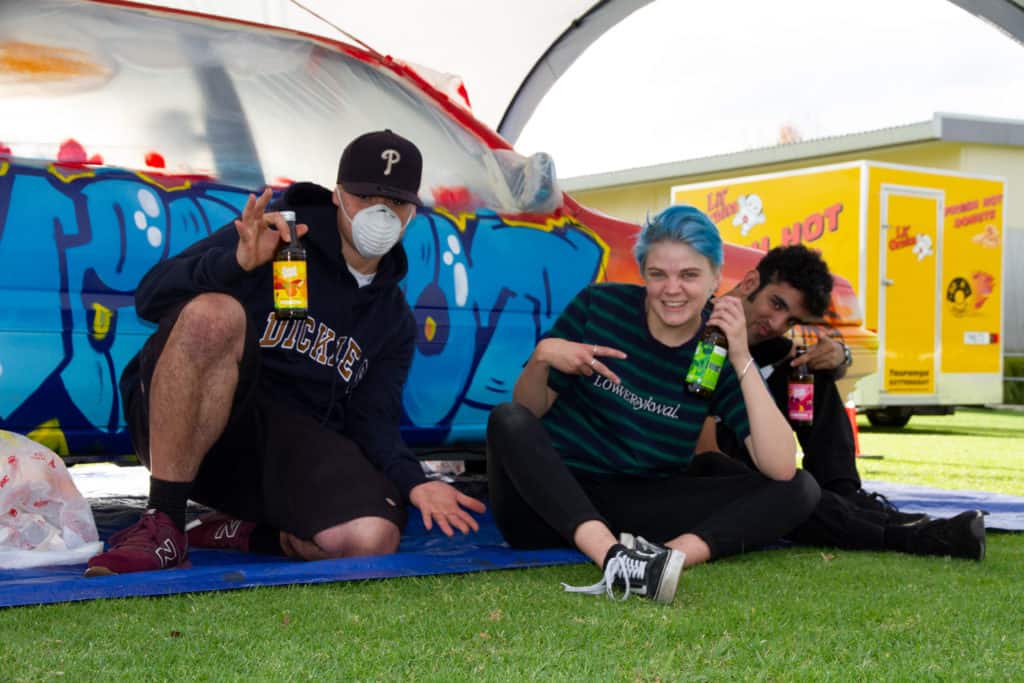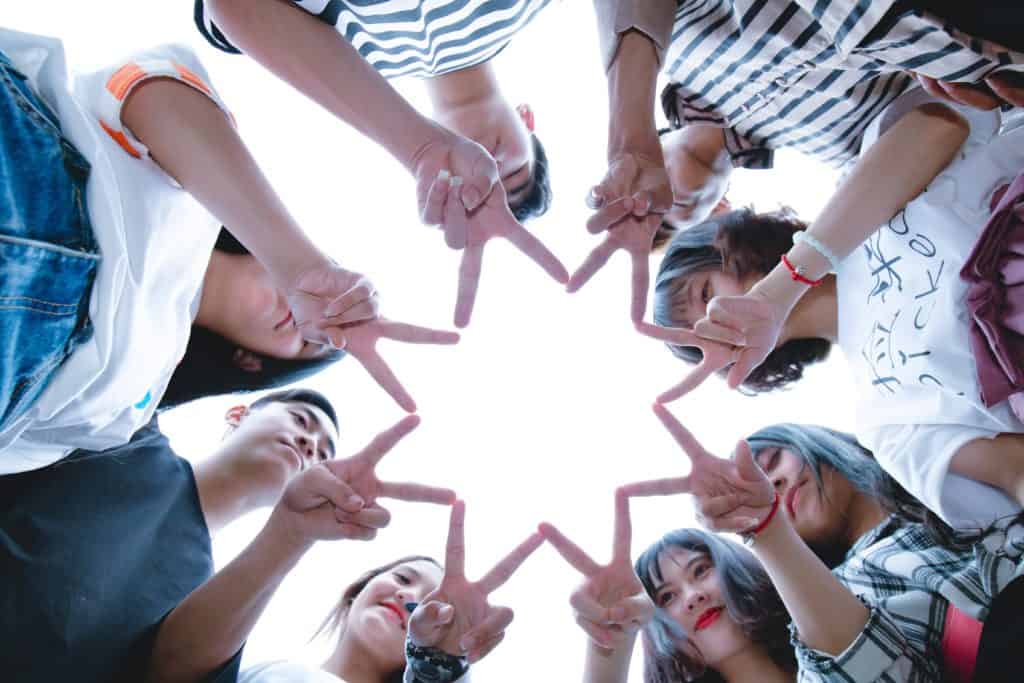Settings for Mentoring
Most mentoring models will involve matching older volunteers with young people, the specific focus being to build a relationship of respect and trust.
- One-to-One Mentoring One volunteer adult enters into a relationship with one young person. Mentors tend to meet with the young person for between six to eight hours a month for at least a year.
- Group Mentoring One volunteer adult enters into a relationship with up to four young people, meeting with them regularly for a lengthy period of time, preferably at least a year.
- Team Mentoring Several adults work alongside small groups of young people on a regular basis, with an adult-to-young person ratio no greater than one to four.
Youth mentoring programs aim to promote positive outcomes for their young people, though they might differ in goals, structure and emphasis.
Some aims of youth mentoring programs are to:
- Help young people realize their potential
- Help young people become self-sufficient, productive citizens
- Improve the conflict resolution skills of young people
- Reduce substance abuse and other anti-social behaviours
- Guide young people towards more reliable attendance at school or work
- Improve the social and communication skills of young people:
- in relationships with family and whanau
- with a focus on behaviour, attitudes, presentation
- Enhance a sense of social responsibility in young people
- Encourage young people to make positive life choices
- Develop positive values in young people
- Improve the self-image of young people
- Expose young people to positive new experiences such as:
- community involvement
- different cultures and activities
- Prepare a young person for the world of work
Just as each mentoring program is different, so are the locations and settings in which mentoring programs operate. The most common programs are:
Community based mentoring programs: (eg Big Buddy, YWCA Future Leaders)
- The mentor and young person decide together when they will meet and what they will do
- The mentor and young person generally do not meet at the same place, but might go to the movies, the beach, visit a museum or art gallery, attend a car show, play sport together and so on. They tend to experience a variety of activities throughout the community
- The mentor could also take on a variety of mentoring roles: tutor academics, coach a sports skill or play games together, explore career options and so on
- The mentor tends to be asked to make a 12 month commitment
Site-based or School-based mentoring programs: (the majority)
- Volunteer mentors meet their young people at the school or at the youth mentoring organisation’s premises for an hour a week on average, supervised by a member of the school or program staff
- These meetings might take place either during school hours or immediately after school hours
- Mentors might assist young people with academic work, play sport or other games, work on a computer, participate in a cultural activity or simply spend the time chatting
- Mentors might play a significant role encouraging young people who battle with formal education
- Family involvement varies with programs
- The mentor tends to be asked to make a 12 month commitment, though only operational during the school terms
Business mentoring programs:
- Mentors either come from one business organization or from a number of different business organizations and mentor young people within their communities
- Young people meet their mentors at the workplace either during or after school hours. In some programs mentors meet their young person or a group of young people at their school
- Mentors might assist young people through job shadowing programs, skills training, tutoring, goal getting or simply spend the time chatting
- Young people might have the opportunity to develop relationships with other employees, as well as the mentor (the primary relationship)
- The mentor tends to be asked to make a 12 month commitment, though only operational during the school terms (young people might obtain work experience during school holidays)

